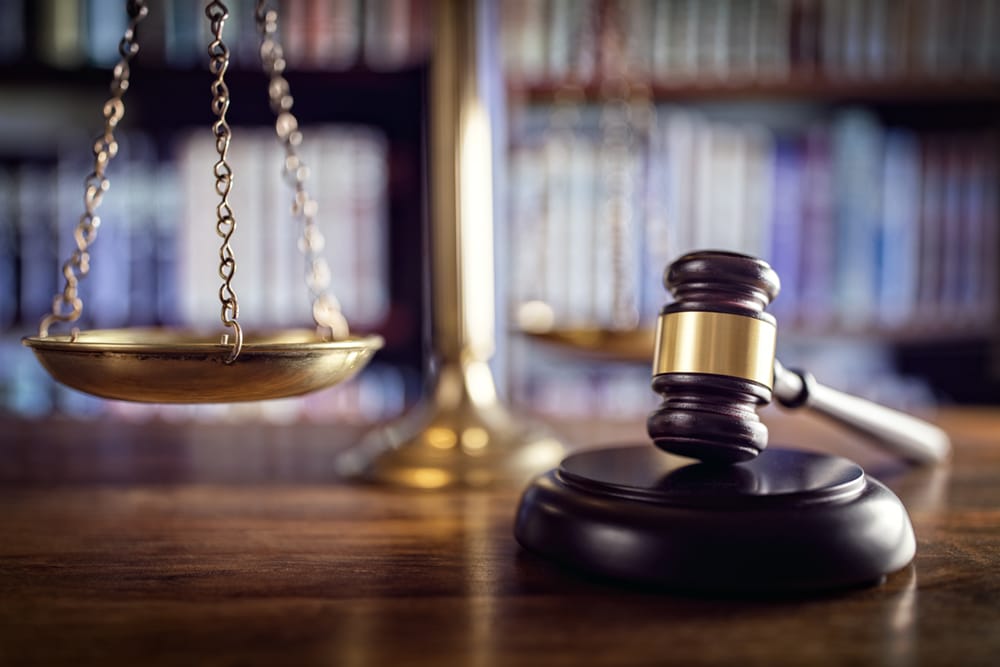Before you can determine if Chapter 7 Bankruptcy is the right choice for you, you first should take some time, think about your situation, and ask yourself the following three questions.
Are You Judgment Proof?
If you really don’t have much income, own any outrageously expensive items, have multiple vehicles, or any other valuable property, you likely won’t need to file for any type of bankruptcy because you’re “judgment proof.” Being judgment proof basically means that you don’t have anything valuable enough for a creditor to take and use toward your debts, therefore you’re somewhat protected.
On the other hand, if you do have a surplus of assets considered valuable enough to pay down your debts, Chapter 7 bankruptcy may be able to help provide relief from anxious creditors and collections procedures. Just remember, if you have a significantly higher income than most, you may not qualify for Chapter 7 bankruptcy.
Will It Really Be Worth It?
What type and how much debt you actually have makes a big difference in terms of whether or not you should begin the process of filing for Chapter 7 bankruptcy. For instance, there are quite a few types of debt that actually cannot be discharged during bankruptcy, including government debts, student loans, child support, alimony, and more. Also, if your debt is not completely overwhelming and there is still a chance you could successfully pay it all off over the next few years all by yourself, bankruptcy should definitely not be your go-to financial solution.
However, if you and your family are being buried beneath mountains of credit card debt, medical bills, and other expensive balances with no hope in sight, Chapter 7 bankruptcy may be worth it for you.
Are You Really Ready To Surrender Your Assets?
When you file for Chapter 7 bankruptcy, the sacrifice you make to have all your debts wiped away is that you have to give up a lot (all “nonexempt” property). You will only get to keep what is deemed necessary (“exempt” property), which means you will have to start over with the bare essentials. Some examples of non-exempt property you may have to say goodbye to during bankruptcy include:
- Valuable Musical Instruments (unless you earn an income as a professional musician);
- Personal Collections (coins, stamps, baseball cards, etc.);
- Family Heirlooms;
- Additional Vehicles (including recreational vehicles);
- Additional Properties (vacation homes or other real estate);
- Financial Investments (cash, bank accounts, bonds, stocks, etc.).
Whether after considering your answers to these questions you feel like Chapter 7 bankruptcy may not be right for you, or you’ve decided that Chapter 7 bankruptcy is the best option for you to regain control of your life, we urge you to let our season bankruptcy attorneys at Church and Korhonen, PC help you make sure you’re making the right decision. Call Church and Korhonen, PC, toll-free at 1.800.758.5611 or simply fill out the form in the sidebar to begin taking steps to a more sound financial future, greater peace of mind and a fresh start.

